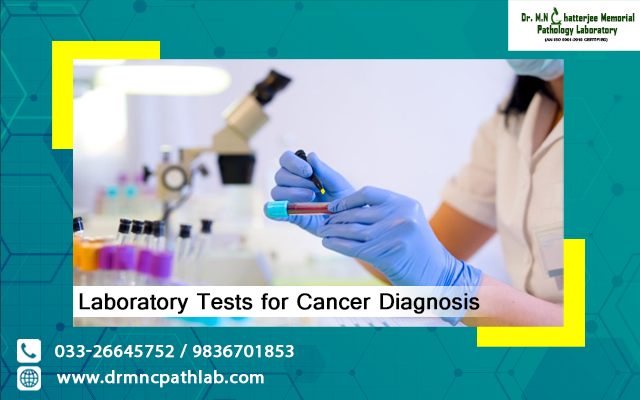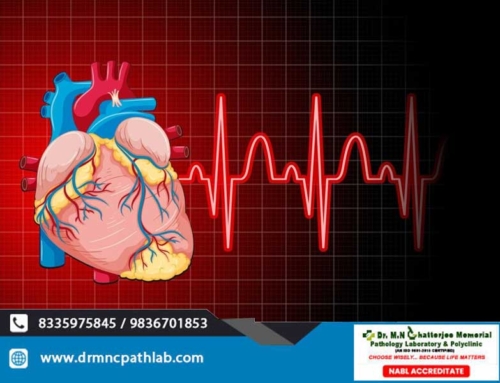If a doctor suspects that you have cancer, he/she will suggest a number of laboratory tests to be sure of the presence of cancer in your body. The pathologist examines the samples of blood, urine, other body fluids or tissue for abnormal cells or tumour markers. These help to determine whether a person has cancer or there is a precancerous condition. A doctor is also able to screen high-risk patients, determine the cancer stage, decide the different treatment options and can understand whether the treatment is giving positive results. It is also possible to understand from these tests whether it is a relapse of previous cancer or a new one. When one of my relatives asked about a proper place for cancer diagnostic tests, I suggested the name of a reputed pathology centre near me.
The following are some important laboratory tests for cancer diagnosis:
-
CTC Test:
The use of Cellsearch circulating tumour cell (CTC) tests is effective for the monitoring of metastatic breast, prostate and colorectal cancers. In a blood sample, this test helps to capture, identify and count circulating tumour cells. In many cases, cancer cells detach from solid tumours and enter into the bloodstream. These cells are known as CTCs. During the course of treatment or before the therapy, this blood test can take place. -
Complete blood count test:The measurement of the number of blood cells is possible in a complete blood count (CBC) test. For the levels of red blood cells that carry oxygen throughout the body, white blood cells that fight oxygen and platelets that help in blood clotting, this test measures a sample of blood. The protein called haemoglobin in red blood cells that carries oxygen and hematocrit, the ratio of red blood cells to plasma, are also measured in this test. For the diagnosis of leukaemia and some other conditions, there is the use of CBC. The doctor uses CBC tests during cancer treatment to check the blood counts as some cancer treatments can lower blood counts. This test is properly done at a pathology lab in Hooghly.
-
Flow cytometry:The diagnosis and classification of some cancers including lymphoma and leukaemia and their risk of coming back are possible through this test. As part of the stem cell transplantation process, there is also the use of flow cytometry. In a sample of bone marrow, lymph nodes or blood, flow cytometry measures the properties of cells. The amount of DNA in cancer cells can also be measured by this test.
Tumour marker tests
When there is the presence of cancer or some benign conditions in your body, some substances are produced in the body in high quantities. In your blood, urine, stool or tumour tissue, these substances called tumour markers are present. Some tumour marker tests are:
-
CA-125 test:With the help of this test, it is possible to measure the amount of cancer antigen 125 (CA-125) in your blood. A type of tumour marker is CA-125. In cancer cells, this protein is present in high concentration.
-
Prostate-specific antigen test:The level of PSA in the blood can be measured by a prostate-specific antigen (PSA) test. If there is an elevated level of PSA, a protein produced by the prostate gland, it may be a sign of prostate cancer.






